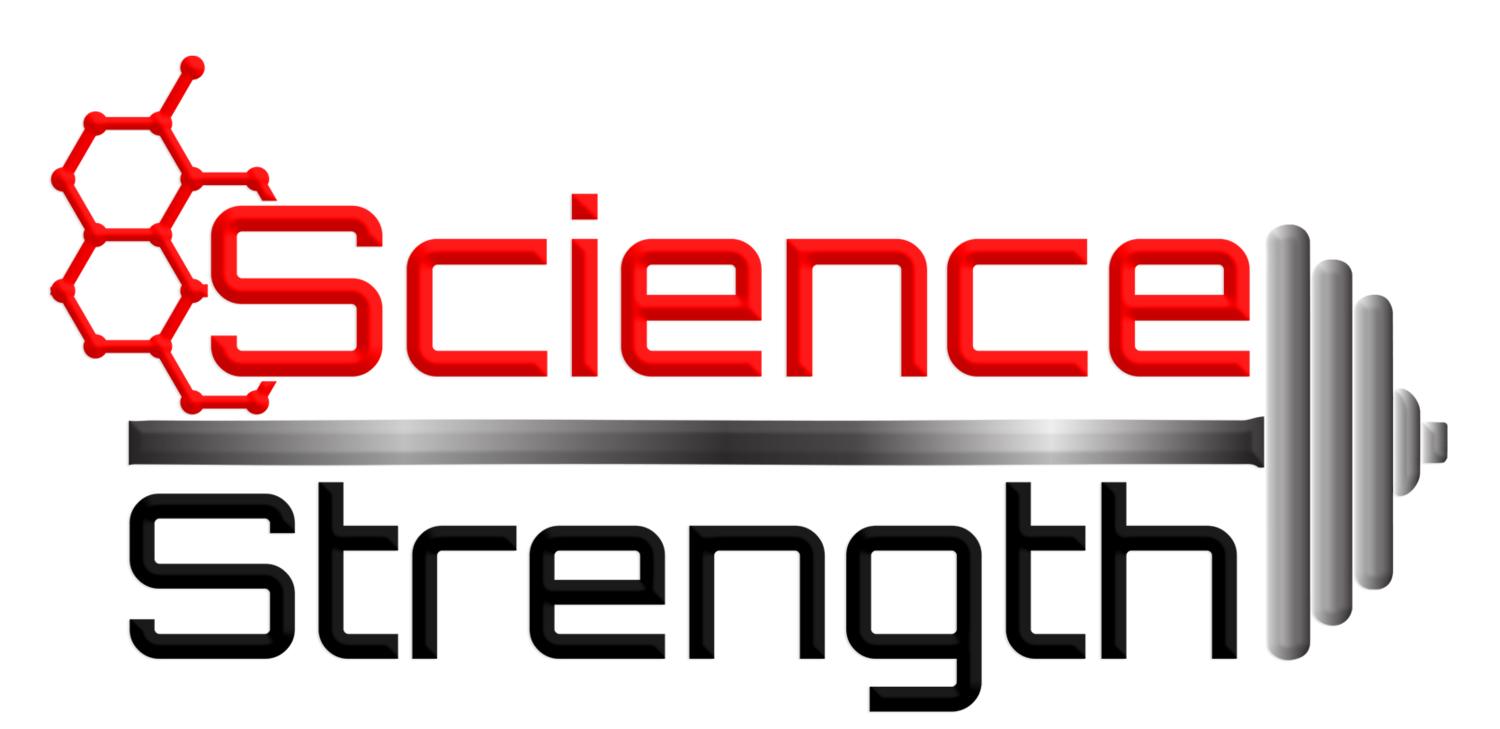Of course, there is no simple answer to this question. In my opinion, it is more important to ask instead: What do I want to achieve with cardio fasted? Fasted cardio to improve body composition
Recently, an interesting study was publish showing that fasted cardio is not more beneficial than cardio in fed state when it comes to fat loss.1
For 4 weeks, 20 healthy, young, non-obese women on a calorie-restricted diet performed 1 hour of steady-state aerobic exercise 3 days per week. The study has shown that there was no significant difference between both groups, fasted group lost 1.1kg fat, whereas fed group 0.7kg fat on average. Although the difference of 0.4 kg is not statistically significant short term, it may become significant long term. A time period as short as 4 weeks and a sample size of only 20 subjects can give a rough idea, however, not conclusive proof.
Also, the efficiency of fasted cardio may be population dependant. Physique athletes trying to achieve an extreme level of leanness readily apply fasted cardio as a fat loss method. For very lean individuals fat mobilization may be more challenging than for normal-weight individuals. Thus, there is the possibility that fasted cardio is more beneficial for people with low body fat content.
It seems like the same finding apply not only to steady state cardio, but also to high intensity interval training (HII). A study on obese/overweight women showed the same extent of body fat loss and muscle gain, no matter if training was performed in fasted or fed state.2
Although it is not conclusive if fasted cardio is more beneficial for weight loss, there is some evidence that it counteracts weight gain under calorie surplus.3 Subject following a high-fat-high-calorie diet (50% fat and approx. +30% calories) for 6 weeks gained less weight when trained fasted (two 60 min and two 90 min training sessions per week). Fasted group gained 0.7 kg, fed group 1.4 kg and the not exercising control group experienced 3.0 kg weight gain on average. Also, the study showed that fasted steady-state cardio improved whole-body glucose tolerance and insulin sensitivity during high-fat-high-calorie diet. For this reason, fasted cardio may be a strategy worth considering during the holiday season to counteract weight gain.
Fasted cardio to improve endurance
Some studies suggest that fasted anaerobic training may be beneficial for endurance athletes. A larger increase in maximal oxygen uptake and muscular oxidative capacity was observed for fasted subjects.5 Interestingly, a greater increase of oxidative activity of the trained muscle was seen for men compared to women.4 Also, there is evidence that fasted endurance training increases the storage of muscle glycogen.6
Bottom line
If fat loss is your goal and you are fairly lean already, then give fasted cardio a try. Otherwise, personal preference is the critical factor. It doesn't matter fasted or not as long as you do it …. or at least do something to create calorie deficit. It doesn't necessarily have to be steady-state cardio.
.
References:
(1) Schoenfeld, B.; Aragon, A.; Wilborn, C. D.; Krieger, J. W.; Sonmez, G. T. J. Int. Soc. Sports Nutr. 2014, 11, 54.
(2) Gillen, J. B.; Percival, M. E.; Ludzki, A.; Tarnopolsky, M. a; Gibala, M. J. Obesity (Silver Spring). 2013, 21, 2249–55.
(3) Van Proeyen, K.; Szlufcik, K.; Nielens, H.; Pelgrim, K.; Deldicque, L.; Hesselink, M.; Van Veldhoven, P. P.; Hespel, P. J. Physiol. 2010, 588, 4289–302.
(4) Stannard, S. R.; Buckley, A. J.; Edge, J. a; Thompson, M. W. J. Sci. Med. Sport 2010, 13, 465–9.
(5) Van Proeyen, K.; Szlufcik, K.; Nielens, H.; Ramaekers, M.; Hespel, P. J. Appl. Physiol. 2011, 110, 236–45.
(6) De Bock, K.; Derave, W.; Eijnde, B. O.; Hesselink, M. K.; Koninckx, E.; Rose, a J.; Schrauwen, P.; Bonen, a; Richter, E. a; Hespel, P. J. Appl. Physiol. 2008, 104, 1045–55.
